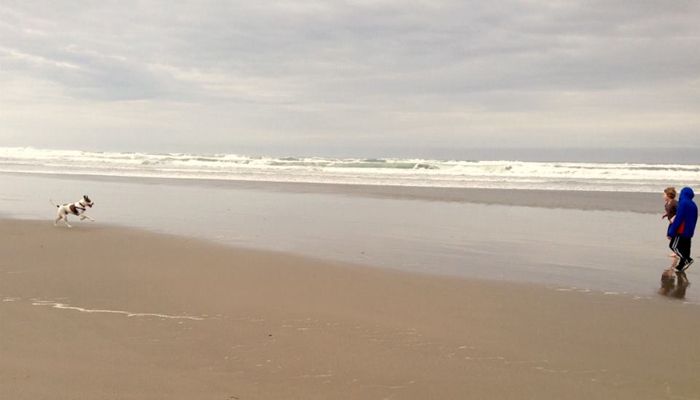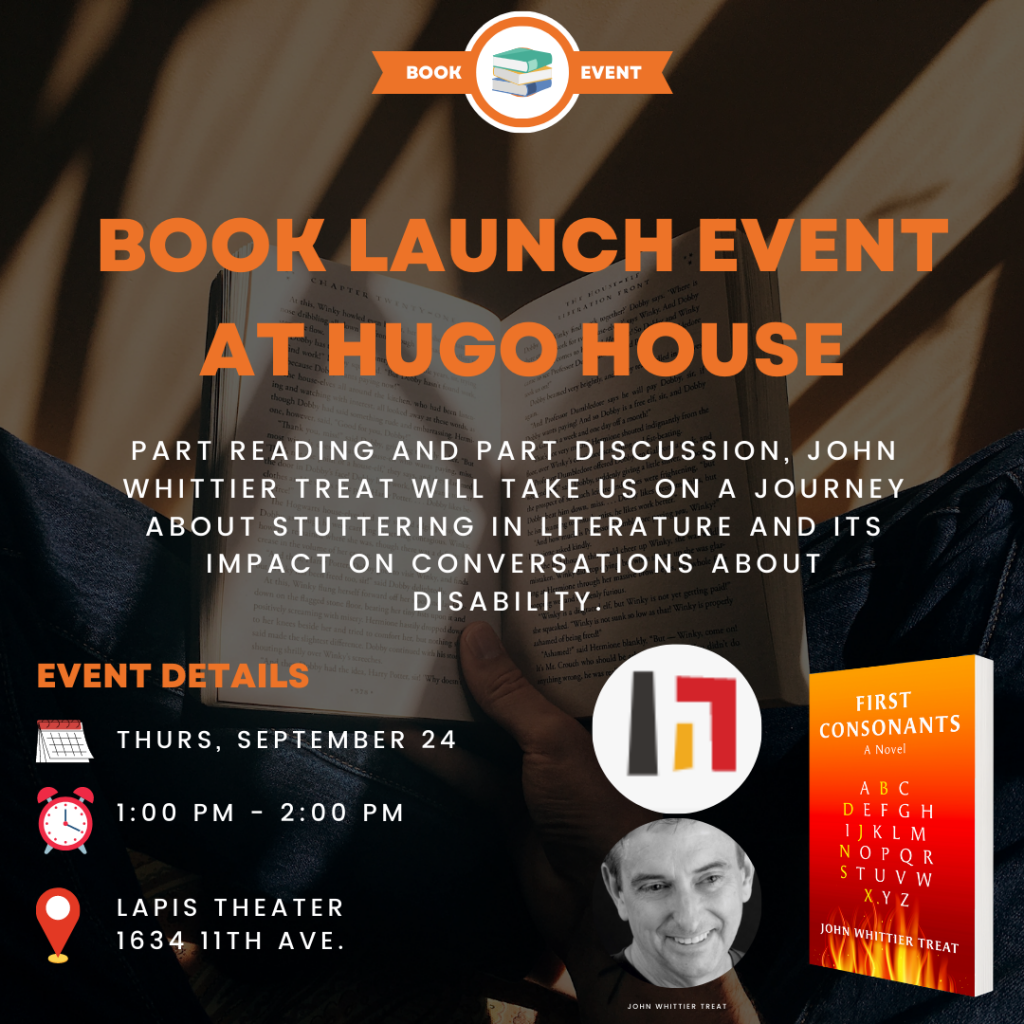“If you’re waiting for the perfect time to write, you’re doing it wrong.” —Me, paraphrasing other writers who write about writing
I call myself a writer because I write. I am not well-known. I don’t make a living writing. I haven’t won awards. I do write every day, arranging words to form sentences that tell stories. Still, making time to write is something with which I have always struggled. Because writing is hard and anyone who tells you otherwise is either extremely lucky, or they’re lying.
At times, writing does come easily. My thoughts organize themselves and flow from my brain to my fingers onto the page. I find a rhythm and I know I’m doing what I should be doing. I don’t stop, even to eat or to pee. It helps when I’m passionate about a controversial subject or a well-crafted character. Passion creates a space where nothing can intrude. If I’m working on a first draft I don’t care if it’s awful because I can clean it up later.
Other times, my ideas are scattered. I am easily distracted. I feel a foot under my ass pushing me out of my work space. I hear a restless voice telling me I should be doing laundry or paying bills or taking a shower. I often have good ideas during these breaks, and I try to hold them until I can set them down somewhere. There is no flow, however, when my mind jumps from writing to all the other things I should be doing. Still, I get something written. Later, I go back and decide if the crap is worth cleaning up.
Every now and then, I am empty. No matter how deep I reach, I find no words worth writing. I make notes. I outline. I get lost in research. Anything to put off the impossibility of writing. Am I a fraud? A real writer would push through and find something — anything — to put on the page. I’m convinced I’ll never write again. I hate myself. External distractions are not the problem. No housework or errands or personal hygiene. Here, the distractions are internal, emotional.
For writers, emotional issues breathe truth into stories. Major or minor, past or present, we draw on them as inspiration and we find catharsis in storytelling. At times, I try to ignore my issues, but they occupy a large, dusty enclosure down the block, covered by a gaudy circus tent snapping in the wind. If I let them, these emotional elephants trample my thoughts and creativity. Instead of exploring what they might offer my writing, I run away from them.
I suppose this is a form of writer’s block, that letting fear dictate when I can and cannot write means I’m doing it wrong.
***
I started out writing fiction. I was playing with three stories, none of which was enough for a novel. I was in the shower one day (base camp for most of my aha! moments) when I decided to weave all three ideas into a single storyline. I couldn’t get to my computer fast enough.
Writing my first novel wasn’t easy, nor was it tortuous. Still, I found the hard work enjoyable, and I wrote as much as I could each day. I was married then. We lived in a lovely home full of lovely things in a lovely neighborhood. My husband had a good job. My daughter was two, and in addition to staying home with her I worked freelance. We had a part-time nanny and a cleaning lady. Order prevailed externally, if not internally. I was happiest when I was writing, quieting my chaotic mind by creating characters whose emotions and actions I could control. I wrote until I finished.
I was proud of my book. I spent almost a year querying agents, receiving an encouraging number of requests for partial and full manuscripts. But after 60 or so rejections, I decided to self-publish. I wish I hadn’t done that. I wish I had set that manuscript aside and left it alone while I started my second novel. When I open it now and read even a few pages, I cringe. I love the characters and the plot, but the writing is amateurish. It wasn’t ready.
I did one thing right: I started that second novel, a story I had been planning for a while. I found inspiration in a quote from a Los Angeles Times piece: “Failure is commonplace in the career of a writer, and a second novel is the beginning of a writer’s career.”
***
I left my husband and our lovely home full of lovely things. My daughter and I moved five times in five years. I was in a car accident. Financial crises seemed the only constant. The uncertainty of my present and future created tension in my extended family, a family whose raft of conflicts rocked easily and often. I can’t pinpoint the final failure, but my parents and I stopped talking. Chaos reigned, both inside and out. I kept writing.
Seven chapters into my second novel, I reached deep and found nothing. Each time I shared pages with my writing friends, I took their feedback and edited what I had already written. I didn’t make time to move forward with the story, which was far more ambitious than my first novel. Where writing was scary, editing felt safe. Faster and easier than writing new words, cleaning up old words lulled me into feeling productive. I ran out of new pages to share.
Given the uncertainty of my life, finishing another book seemed a luxury I could no longer afford. I failed to finish the first draft before cleaning up the crap. If I couldn’t spend hours writing, why bother at all? I was doing it wrong.
When I stalled at chapter seven, I revived an old blog. I started writing posts that weren’t just about my personal life. I discarded the blogger syntax and wrote more carefully about parenting, relationships, social issues, cultural trends. I had begun writing essays, although that wasn’t my intention. I was still struggling to levy order on what had become a disordered world.
I became a weekly contributor to an online magazine. Instead of veiling my emotional elephants in fiction, or fleeing when they charged without warning, I trotted them out and explored them publicly. Some essays were more personal than others.
At first, writing about my life — family, divorce, friendships — brought guilt and shame. That distracting voice, the one that used to lure me away with laundry? It turned cruel, demanding I shut up. No one cares what you have to say. Narcissist. Fraud. I retreated and wrote a few pieces about current events, avoiding personal experience or emotion. Again, the voice taunted me. So now you’re a journalist? Imposter. Coward.
After a few more personal pieces resonated with readers, I told that voice to shut the fuck up. It hasn’t, not entirely, but it no longer has the power to silence me or dictate what I choose to share. Each week I struggle to balance my personal stories and their relevance within a broader social context. Each week, readers respond with approval, disapproval, or indifference. And I keep writing.
***
My life is much different now than it was when I wrote my first novel. I am happily married to a man whom my daughter and I love like crazy. We live in a crumbling mansion, a month-to-month rental with an unknown expiration. Boxes full of lovely things gather dust, set aside in anticipation of the next move. I cannot imagine being settled. Permanence is a coat that fits other people but doesn’t feel quite safe when I slip it on. For now, domestic contentment helps offset chaos and uncertainty.
I continue my weekly essays. (You’re making a fool of yourself.) I update my blog occasionally, bloggy style. (Who will read that drivel?) Most important, I’ve returned to fiction. (Look how far you got with that the first time.)
Shut up, stupid voice. I don’t need you anymore.
Each writing medium satisfies a unique emotional need, and choosing one over the other no longer seems necessary. When it’s time to begin a new essay, I muck around in my psyche, searching for personal stories to which I hope readers will relate. If I feel like ranting, I do it on my blog. And fiction remains the greatest escape, allowing me to shape characters and worlds over which I have utter control. I’ve finished a short story and I’m letting it marinate before I send it out prematurely. I’ve even added a few pages of crap to my novel, which I will clean up later.
So I write. The mansion crumbles. Little hills of laundry grow in the bedrooms. Unopened mail takes over my desk. But if I wait for order to prevail, I might never write again. There is no perfect time, so I make time. Otherwise, I’d be doing it wrong.





